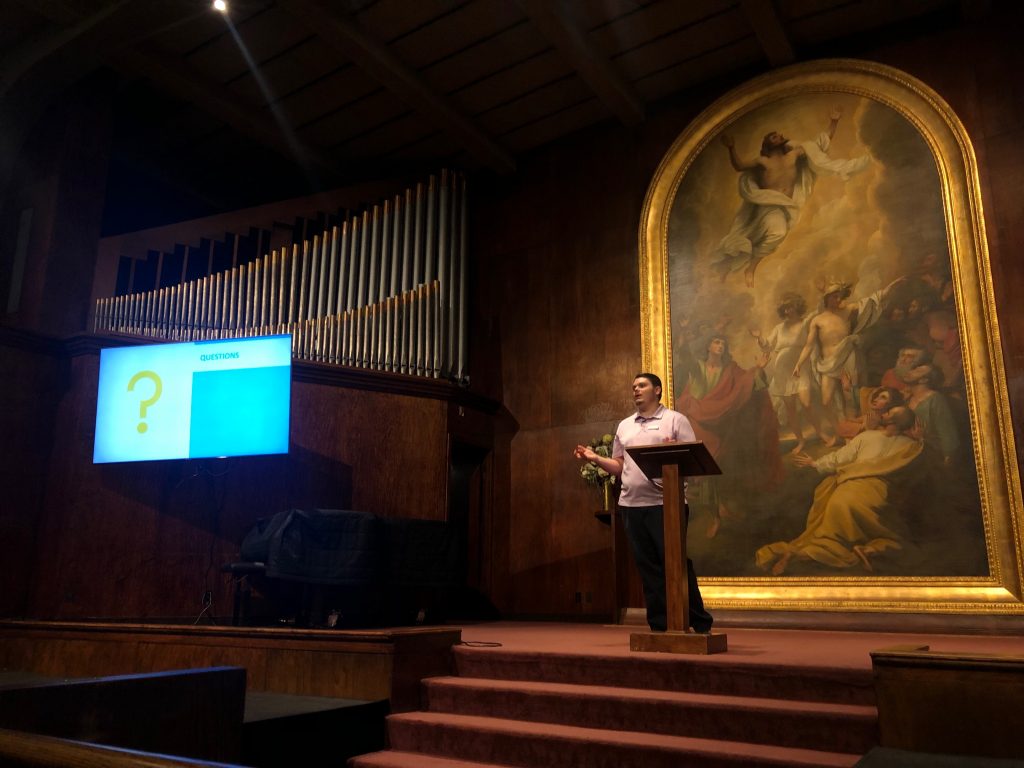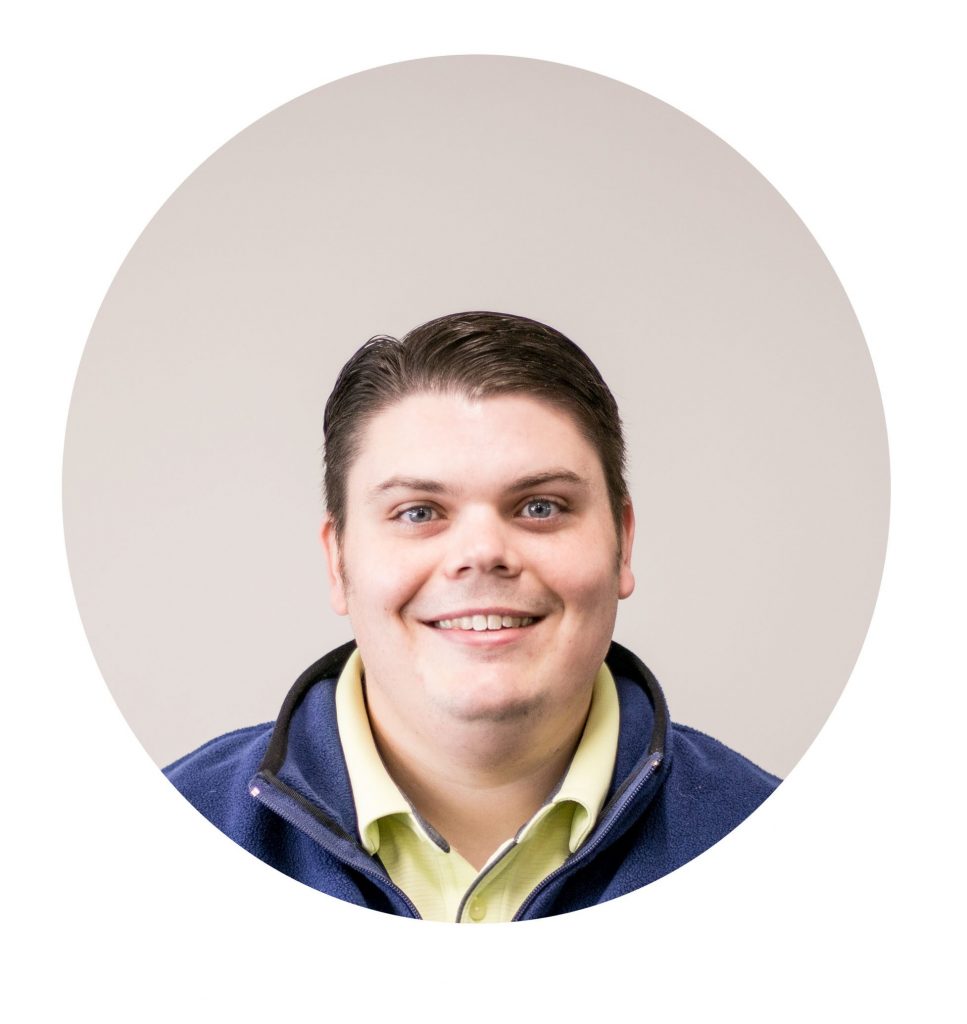Breaking Down Barriers: How Autism Has Helped Me Serve My Refugee Neighbors
I’ve lived in the same place my whole life. I have never had to leave everything I know out of fear for my life. In many ways, my life and the lives of my refugee and immigrant neighbors couldn’t be more different.
Yet, I do know what it feels like to be on the outside looking in. For as long as I can remember, I have felt somewhat out of place, like I wasn’t meant for this world in some way. I didn’t know the reason for this — it was just the way I was.
It wasn’t until I was 20 years old that I finally realized why I felt so out of place. That’s when I first heard, “You have autism.”
On one hand, I was relieved. I finally had an answer for why I felt like a person who was told to play the game without being given the rules. On the other hand, it expanded my understanding of just how much our society is not built to accommodate people like me.
Fighting the battles that come along with having autism has been difficult, but it’s also afforded me a unique love for learning from those whom society often relegates to the margins. Over the years, this has meant seeking to be mentored by African American pastors, working with the imprisoned and searching out opportunities to see how my Christian faith intersects with building up my local community.
In college, I was introduced to this type of ministry when I had the opportunity to work with refugees as an ESL tutor. For me, this felt like a natural extension of my passion for reflecting God’s love to those on the margins. Years later, through God’s providence, I was given the opportunity to continue serving refugees when I joined the World Relief Upstate SC team right here in my own community in South Carolina.
Now, in my role as the Upstate SC Mobilization and Development Coordinator (and formerly as the Church and Volunteer Engagement Coordinator), my life is full of paradoxes. I am a person who struggles with social interactions, but I must frequently speak to volunteers, churches and other community partners about how we are called to love and serve refugees. Accepting unpredictability and ambiguity does not come naturally to me, yet refugee resettlement is anything but predictable.

While these are paradoxes, they show that God uses every single person to advance his cause and that his kingdom breaks down barriers of gender, race, ethnicity and even disability. In fact, because of my disability, I believe it can sometimes be easier for me to put myself in the shoes of refugees and immigrants who are feeling out of place and lost in a culture and society that wasn’t built for them.
For many refugees and immigrants, navigating new communities, grocery stores, school systems, workplaces and more can feel like trying to put a puzzle together without knowing what the finished product should look like. That’s a feeling I can certainly relate to.
My experience with autism spectrum disorder also gives me compassion for the fear and uncertainty that many of our refugee and immigrant neighbors face in their daily lives. I understand what it means to cling to Matthew 6:34, which says “do not worry about tomorrow, because tomorrow will worry about itself.”
While I do not discount the many challenges people like me face or the differences between my experience and that of refugees, I do believe wholeheartedly that the good news of God transforms even the most difficult of situations for our good and his glory.
At World Relief, I’ve found a place where I can work within my strengths and limitations as someone who has autism and experience God’s transformation in my life and in the lives of those around me.
World Relief is committed to building welcoming communities that value and accept refugees and immigrants. That same culture has helped me feel valued and accepted. Our Office Director, Brandon Baughn, has been an especially faithful example of this culture of welcome, giving me the blessing of trust in my work and in my perspective not only as someone with autism, but more importantly, as a follower of Christ who is passionate about serving “the least of these.”
This trust has allowed me to run headlong into serving churches and volunteers so that they, too, can create communities of welcome. I am able to do my work knowing that World Relief welcomes my unique perspective and does not see my disability as a hindrance.
Together, we are moving towards creating spaces where people of all nations, backgrounds and abilities can embrace their God-given purpose and live out their full potential.
At World Relief, we are grateful for faithful staff like Austin. We rely on the time, talents and treasure of people like you to continue moving forward together. You can join us by giving today or by checking out our careers page to see if working at World Relief is a good fit for you.

Austin Donahoo is the Mobilization Development Coordinator at World Relief Upstate SC, where he previously served as the Church and Volunteer Engagement Coordinator. He loves integrating his passions for Christian ministry and theology with community engagement, believing that the call of the gospel is to be shown in both word and deed. At World Relief, he works to do this by equipping churches and volunteers to love their refugee and immigrant neighbors.

